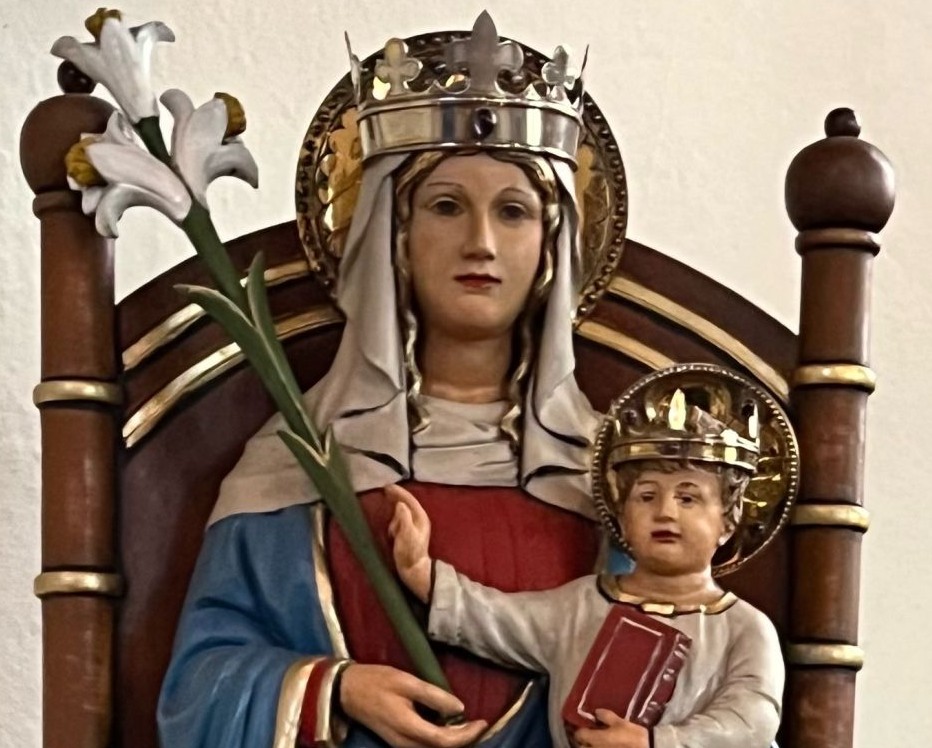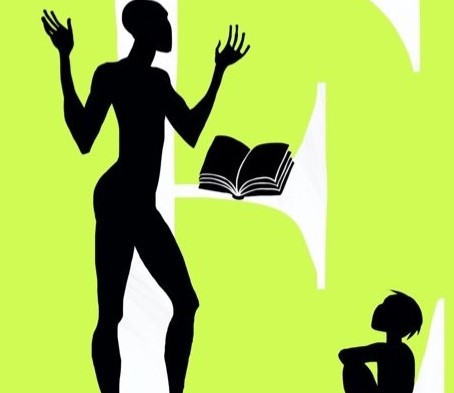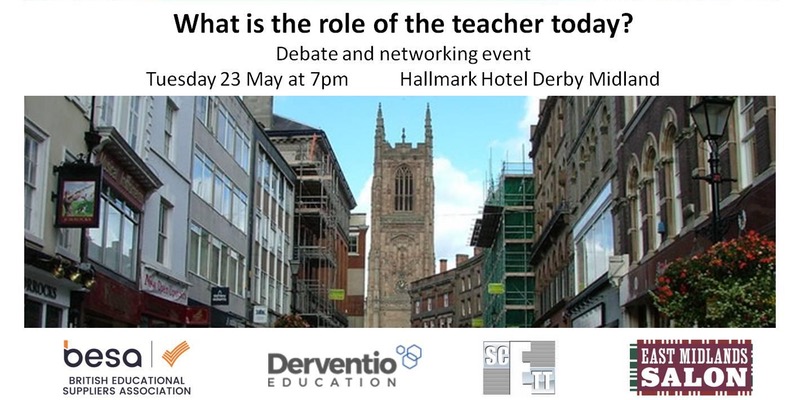In a recent column for the Telegraph Ella Whelan discussed why parents will lie and pray to get into church schools. She believed it was because these schools maintained a tradition of knowledge, values and behaviour and that it wasn’t all about God. There is nothing new about parents looking for the best for their children, but something has changed. There is an international revival going on. New Catholic Schools are being established at primary and secondary level. There are even new Catholic universities level.
It is often parents who are the driving force behind these schools. They feel that secular schools no longer value the best that has been known and thought and that they uphold no worthwhile values, if any values at all. They also believe true values must be based-in religious belief.
The secular tradition that sticks to the view that the position of religion in education should be the same as that of snakes in Ireland remains strong. But is it increasing challenged. Are we seeing the beginning of an educational and religious revival?
‘Say what you like about faith schools but there was no way I was going to shout back at my teachers in my Catholic primary, least of all out terrifying nun headmistress. The structure of Angelus prayers, weekly Mass and assemblies with moral tales and hard line Irish dinner ladies whipped us all into shape. As a result, the school took inner-city London children from all kinds of tough backgrounds and turned us into a decent bunch of kids.’ (Ella Whelan, Telegraph 23/1/25)
Speaker (s) TBC
Date, Time and Venue: Thursday 20 February at 19.00 in the Brunswick Inn, Derby.
Tickets (£3 plus fee) on Eventbrite.
Photo Credit: Dennis Hayes (Statue of Our Lady of Walsingham) December 2023


